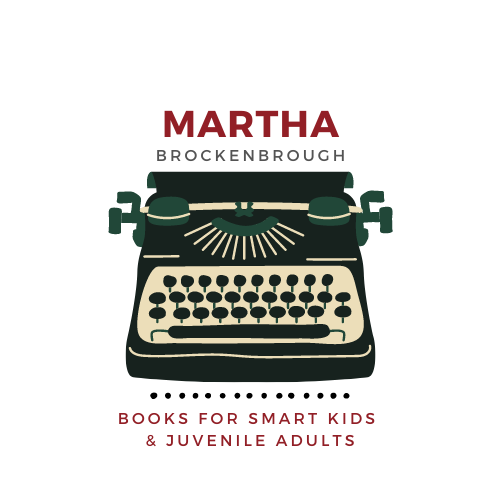I make bread quite a bit, probably because I lived in a hippie co-op in college and one of my weekly jobs was to crank out a dozen loaves at a time for midnight snack. (Note: I did not eat all dozen myself. Fifty other people lived in the house.)
Yesterday was Monday, and I noticed we were out of sandwich bread. This isn't a huge deal, as my kids don't have sandwiches every day for lunch. But it was pouring rain out, and our typical Monday-afternoon snack, Monday Milkshakes, didn't sound all that good to me. So I wanted to do tea and toast instead, and for toast, we would require bread.
I decided to try a new recipe but was only half paying attention to it. I believe the other half of my brain--the good half--was thinking about a novel I am revising.
Too late, I noticed that I'd added far more liquid than the recipe required. My dough was a soupy mess. Actually, if I'm being honest here, I thought the recipe was bad. So I added a bit more flour, and then a bit more, and a bit more. The dough was still a soupy mess, and at this point, I returned to the recipe and cursed myself for wrecking the dough.
For a minute, I thought about throwing it away. Or composting it, because that is what we do with food waste in Seattle. But then I remembered a bread recipe I haven't made for a few years--the New York Times' no-knead bread dough. This looked an awful lot like what that recipe generated. In the years since that recipe came out, I've noticed modified versions, some of which require a bit of kneading to speed up the process from 15 hours to something a bit more reasonable.
But I knew I'd used quite a bit more yeast than the no-knead bread called for. I decided to risk it, and knead less than the low-knead bread, trusting that the extra yeast would do the trick.
I knew I wasn't going to get a sandwich loaf out of it, but I figured a round, rustic loaf topped with this special pink salt we picked up in Portland would be just fine with tea.
When I pulled the bread out of the oven, my baking buddy Alice squealed with excitement. The bread was a thing of beauty. We let it cool a bit, and then I cut into it. The crust was perfect: golden and crackling. And a bit of steam rose from the bread. I handed each girl a slice just as we headed out the door to go to their ballet classes.
My terrible error turned into one of the best loaves I've ever made. Adam and I each had a buttery slice, and although he groused about the bottom crust being a millimeter too thick (picky, picky), we agreed it was a darned good piece of bread. We both went upstairs to work a bit before ballet class ended, knowing that the bread would go nicely with the pan-fried sole we were planning to eat for dinner.
I thought about the parallels of writing and cooking in general, and it struck me that the crafts of keyboard and kitchen are similar. There are certain recipes that you follow, but when things go wrong, you can get yourself back on track if you understand the fundamentals, something that comes about naturally with years of practice. When you get lucky, those errors teach you something you never knew before, something that make you a better baker.
There is, of course, a twist to this story. While Adam and I were upstairs, our dog discovered the bread. Or rather, she discovered her opportunity to eat it off the counter. She devoured the better part of the loaf before the kids made it home from ballet. So there was, alas, no bread with our sole.
But I decided to make another loaf for dinner, to go with the lamb stew Adam had been craving, a stew that I have made for many years according to a recipe that also involved a mistake. Apparently this is a pattern that I have only now noticed.
In the middle of cooking this morning, I had to change up the recipe because our pantry was almost bare (note to Adam: next time you say you're craving stew, please pick up all the ingredients at the store, not just the lamb).
I'm hoping it turns out despite the new direction I took it. I'm trusting in my palate. But I do have an ace in the hole just in case: a fresh loaf of dough rising in the oven, made according to yesterday's accidental success.
This time, though, I'll keep a closer eye on the dog.
